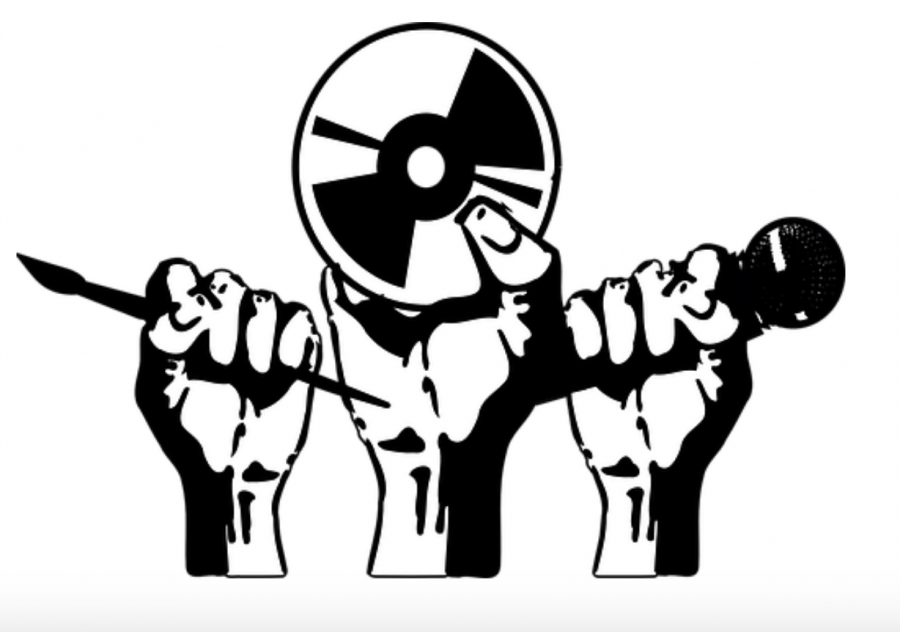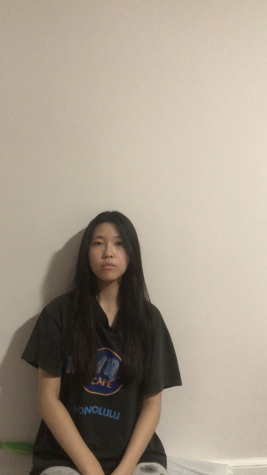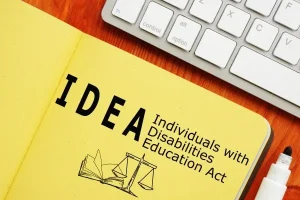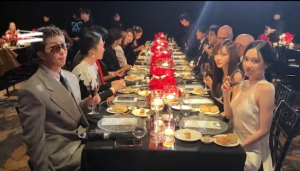Small Great Things Book Review
January 22, 2021
*SPOILERS AHEAD*
Written in 2016, Jodi Picoult’s Small Great Things illustrates systemic racism that is still prevalent in today’s society.
While Ruth Jefferson, a labor and delivery nurse, starts a routine checkup on a newborn, she is abruptly pulled away and told that she’d been reassigned to another patient. The newborn’s parents, who are white supremacists, refuse to leave their child in the hands of Ruth, for despite her twenty years of experience, she is African American. The following day after reluctantly complying with their request, Ruth, alone in the nursery, witnesses the baby enter cardiac distress and starts to perform CPR to try and save the child. However, Ruth is too late, and as a result, not only does the newborn die, but she is also charged with a homicide—for killing the child.
Ruth’s white public defender, Kennedy McQuarrie, insists that bringing up race during court would not be a winning strategy, which ultimately leads Ruth to fire Kennedy for her counsel. Though Kennedy refuses to back off of the case, their dispute makes her realize that the only thing relevant in this case is racism. Consequently, Kennedy builds her argument on the fact that Ruth was charged for these counts as a result of her skin color, and that her involvement in performing CPR was not the cause of the newborn’s death.
Kennedy argues that she herself, as well as other white members of the courtroom, are racist—not because they actively participate in the discrimination, but because they endorse in and refuse to question the unjust system. Also known as passive racism, Kennedy pushes the hidden side of racism: one where perpetrators aren’t directly involved, but indirectly profiting off of white privilege and racial discrimination.
Though Picoult herself is a white woman, this does not undermine the points she brings up. In fact, I would say that her words genuinely depict the topic because most of the lessons she incorporates stem from her own experiences as a person on the receiving end of the spectrum. In an interview with Celeste Ng, the author of Everything I Never Told You, she states that she’s “‘spent nearly 50 years of [her] life not talking about racism…because [she doesn’t] have to,’” and that she was ignorant to not consider “‘what it might mean to be a person of color, what historical and current struggles are faced, [and] what it means to not find representation in everything from literature to television.”
Personally, it was eye-opening to consider the different forms of racism, as propaganda and the media portrays perpetrators as those who actively hate-crime, or openly inflict violence, rather than showcase those who simply benefit from the biased system. I would definitely recommend reading this book, as it ultimately gave me a better understanding of how normalized the system is, and voiced out passive racism that is not normally represented or brought up.
My favorite excerpts from the book:
- “‘Finish this sentence…I am…?… maybe you’d answer: shy. Or blond. Friendly. Nervous. intelligent, Irish. But the majority of you wouldn’t say white. Why not? Because it’s a given. It’s identity that is taken for granted. Those of us who are lucky enough to be born white are oblivious to that good fortune. Now, we’re all blissfully unmindful of a lot of things. Probably, you did not give thanks for showering this morning, or for having a roof over your head last night. For eating breakfast and having clean underwear. That’s because all those invisible privileges are easy to take in stride. Sure, it’s so much easier to see the headlines of racism, the ways that people of color are discriminated against. We see it now when a black man is accidentally shot by the police and a girl with brown skin is bullied by classmates for wearing a hijab. It’s a little harder to see—and to own up to—the tailwinds of racism, the ways that those of us who aren’t people of color have benefited just because we’re white. We can go to a movie and be pretty certain that most of the main characters will look like us…the vast majority of us do not come home from work and say, Hooray! I didn’t get stopped and frisked today!…We don’t think these things because we don’t have to.’” (Picoult 429)
- “‘I know what you’re thinking: I’m not racist….I doubt there are many of you on the jury …[believe] that black people are so inferior that they should not even be able to touch a white baby. But even if we took every white supremacist on the planet and ship them off to Mars, there would still be racism. That’s because racism isn’t just about hate. We all have biases, even if we don’t think we do. It’s because racism is also about who has power…and who has access to it.” (430)


















































































































































